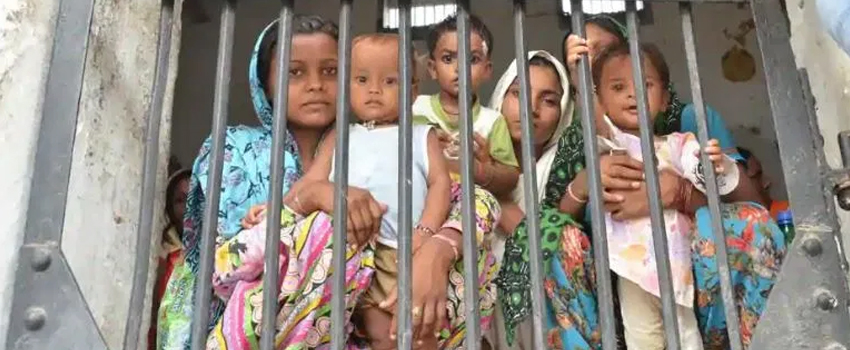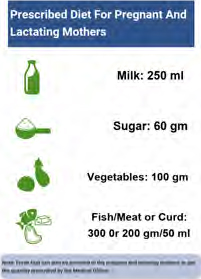
CORPORATE CITIZEN CLAPS FOR BUSINESSMAN SUBHASH BABAN GAIKWAD WHO TRADED HIS PARTNERSHIP AT A PRIVATE HOSPITAL

Baban Gaikwad is a Covid-19 survivor and his altruistic bent of mind followed his own personal recovery from the viral onslaught. The 35-year-old switched professions from earning INR 60,000 per month to earning monthly INR 16,000 as a ward boy. His sole objective is to do social work; especially serve coronavirus patients as he himself has gone through the nightmare. It was a choice he made having managed to survive the greatest scare of his life – the coronavirus! “Money means nothing if you do not exist in this world. God has given me another opportunity… the medical fraternity has given me a new life and I wish to spend it in the service of patients,” said Gaikwad. He underwent treatment for five days at the Yeshwantrao Chavan Memorial Hospital (YCMH). He was too scared and almost believed that he would not survive. But he recovered after five days and was moved to the general ward for another five days. Before testing positive, Gaikwad says he had a fever for nearly 13 days. Post his home isolation protocols and the 13th-day ordeal, Gaikwad, a partner at a Mumbai security agency, handling its Pune office, came across an advertisement for ward boys. He promptly applied for the post and joined the very next day. “I did not mind the low pay… My intention is to serve humanity, patients who are going through a nightmare.” His job initially entailed cleaning the floor where patients are tested for coronavirus at the hospital and now he has been shifted to another department. “I do whatever is asked of me… mopping floor, cleaning tables, files, clearing trash.” According to Dr Shaileja Bhavsar, senior medical officer, Bhosari hospital, “Gaikwad was in a bad condition when he tested positive and then his condition turned critical. After recovering, he got selected on his own merit as a ward boy.” If sufferings can be the trigger to bring improvement in one’s life so be it!
CORPORATE CITIZEN SLAPS THE POOR LIVING STANDARDS OF WOMEN PRISONERS AND THEIR CHILDREN IN CUSTODY DESPITE THE HOME MINISTRY’S MODEL PRISON MANUAL 2016 (MPM 2016), AND THE UNITED NATIONS’ BANGKOK RULES PROTOCOL (2011) FOR THE WELFARE OF WOMEN INMATES WITH CHILDREN


As per the 2010-2019 National Crime Records Bureau (NCRB) data, an average 1,586 (9%) of all women prisoners had children with them, and three in four of these mothers were undertrials, as analysed by the Commonwealth Human Rights Initiative (CHRI), based on the NCRB data. As per the same data, women constituted 4% of the prison population in India but 8% of the 19,913 women prisoners nationwide lived in jail with a total 1,779 children. The challenges faced by women inmates “stem from the fact that prisons have traditionally been designed to suit the needs of men”, said Anju Anna John, CHRI officer. Of the 31 jails for women in 15 Indian states and union territories (UTs), 21 states and UTs lack dedicated women jails. The year 2019 witnessed 1/10th of all women convicts had children with them. Inmates are often housed in a separate enclosure within the same jail as male prisoners, creating non-availability of learning access for the children who often lack social skills. There is no special diet suited to children and despite the MPM 2016 stipulating crèches, recreational facilities and cultural programmes, the reality is far and few. However, children above six years are accommodated in state-run institutions until their mothers are released or they are capable of earning their own livelihood. Ironically, a Supreme Court (SC) of India judgment in 2006 prescribes that children be allowed to visit their mothers in jail at least once a week, which is rarely implemented. Other pertinent issues include women prisoners receiving minimal investment due to their low numbers as polices are also dependent on the prison administration which is a state subject. It is imperative that there is a need to create a separate and uniform prison infrastructure to empower women inmates but will authorities rise above their ‘imprisoned’ mind and change the ground realities!